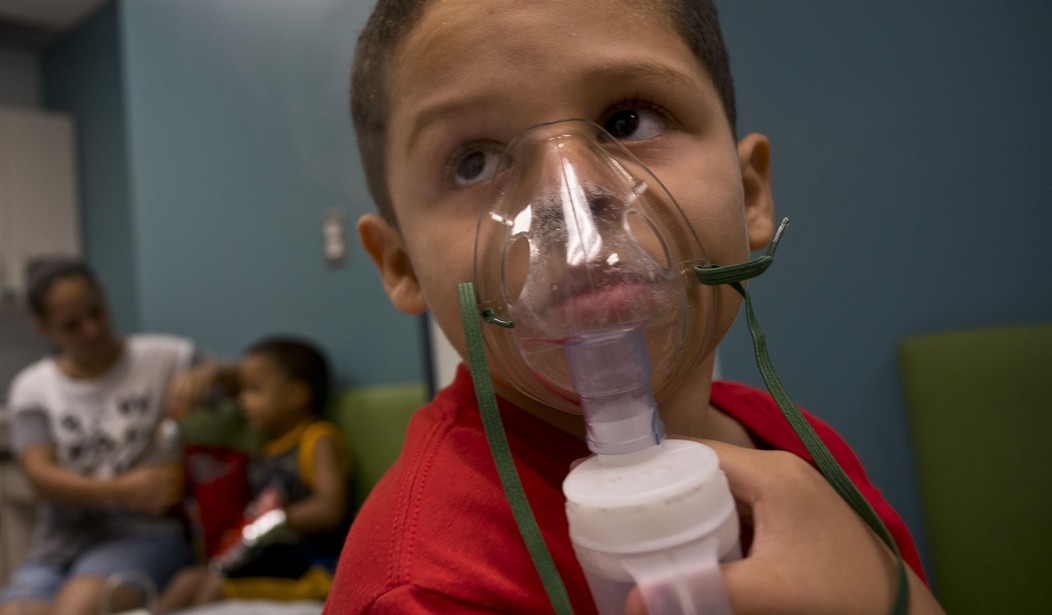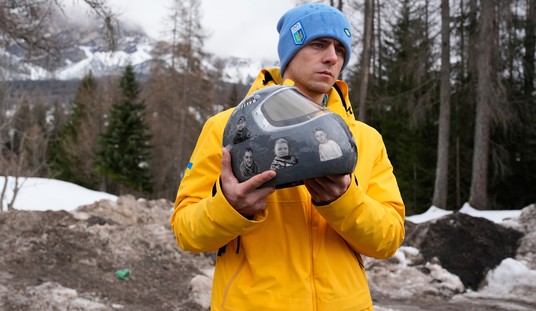The response to the COVID-19 pandemic wreaked havoc on the lives of Americans in so many different ways. On a recent “Real Time” episode, host Bill Maher went through what he deemed a partial list of the collateral damage from lockdowns and closures. As he pointed out, COVID-19 did not do these things. Instead, the response from so-called “public health experts” did. According to Mahr, closing schools, lockdowns, and life on Zoom resulted in the following:
- It erased two decades of progress in math and reading.
- ACT scores are the lowest in 30 years.
- Rates of anxiety and depression skyrocketed.
- The rate of body mass (BMI) increase in children aged 2-19 doubled.
- A 30% Increase in drug overdose deaths in 2020 and again in 2021.
- Inflation at a 40-year high.
- A 30% increase in murders.
- An 8% increase in domestic violence incidents.
- A 7% increase in deaths from auto accidents attributed to riskier driving.
And we are still not out of the woods in dealing with the direct consequences of lockdowns, school closures, and social distancing. Now, Connecticut is one of 28 states dealing with a surge in non-COVID pediatric hospitalizations for Respiratory Syncytial Virus (RSV).
Lockdowns prevented regular exposure to RSV for young children in 2020 and 2021. Most children are exposed to RSV for the first time before age two. According to the CDC:
Respiratory syncytial (sin-SISH-uhl) virus, or RSV, is a common respiratory virus that usually causes mild, cold-like symptoms. Most people recover in a week or two, but RSV can be serious, especially for infants and older adults. RSV is the most common cause of bronchiolitis (inflammation of the small airways in the lung) and pneumonia (infection of the lungs) in children younger than 1 year of age in the United States.
The agency estimates 58,000 hospitalizations of children younger than five years old for RSV annually. That number gets compounded if the child’s first exposure is delayed due to pandemic isolation. According to NBC News (emphasis added):
[Dr. Frank] Esper [an infectious disease expert at the Cleveland Clinic] said that cases of RSV are usually seen in December and January, but for the past two years, the typical RSV season has come earlier, during summer and early autumn. Rhinoviruses and enteroviruses are also circulating earlier than usual. This is because measures to curb Covid spread didn’t allow other viruses to spread as they historically have.
“Flu is on the rise, but it’s also all of these other viruses that got knocked off kilter,” Esper said. “This might be the new normal. We don’t know.”
Lockdowns, remote work, and social distancing also impacted the immune response to viruses at an individual level. Last year, Dr. Rob Orford, the Welsh government’s chief scientific advisor, told the Welsh Parliament, “We may have stacked up some immunity debt in the system where children have not been mixing with friends, and so they may be more susceptible to some of the illnesses we traditionally see.”
Recommended: WINNING: Request Granted to Depose Fauci and Other Biden Officials in Censorship Lawsuit
Orford’s concerns mirrored an earlier warning from California doctors Dan Erickson and Artin Massihi. At the end of April 2020, they held a press conference to call for an end to lockdowns. They discussed the damage reduced social interaction could have on the function of the immune system:
Next, [Erickson and Massihi] were very clear on how self-isolation can actually compromise the immune system in otherwise healthy people. Dr. Erickson explained that the immune system is actually built by exposure to pathogens. Coming in contact with viruses and bacteria in the environment fires the body’s system to fight infection. Additionally, the normal flora, or good germs we have on and in us, all the time, also drop when we isolate.
The combination of reducing regular exposure to pathogens in the environment and lowering the good bacteria that help us fight off infection concerns both physicians.
It appears their concerns were warranted. Here is the current situation in Connecticut, where cases have been increasing exponentially since September:
For the last few weeks, Connecticut Children’s Hospital in Hartford has been over capacity as more and more young children are admitted for the respiratory illness, Respiratory Syncytial Virus (RSV). They are now in talks with the National Guard and FEMA about setting up a tent outside the hospital to help combat what’s become a national health crisis.
On Thursday, Connecticut Children’s did a site survey just in case they need to put up a field hospital.
Our children are getting sicker than they need to be. Total detections of RSV are still below the levels seen in the fall of 2021, but hospitalizations are reaching crisis levels in some areas. Once again, the littlest Americans are paying for the fear and craven political objectives of the people who are supposed to protect them.
And it is not just RSV. The CDC also warns that the incidence of the flu is higher than typically seen in October. Influenza, which reportedly disappeared during the pandemic, is now back with a vengeance in Georgia, New York City, South Carolina, Tennessee, Texas, and Washington, D.C. In San Diego, one school district said “hundreds” of absences at a local high school are likely due to an outbreak of the flu. California had some of the longest and most draconian lockdowns.
Usually, the flu season starts with an increase in December and peaks in February. It will not be clear for months if influenza and RSV are peaking early or if the U.S. will experience unprecedented levels of these illnesses. Dr. Anthony Fauci once warned the COVID-19 pandemic would lead to a “dark winter.” Our pandemic response, not COVID-19, may do just that.










Join the conversation as a VIP Member